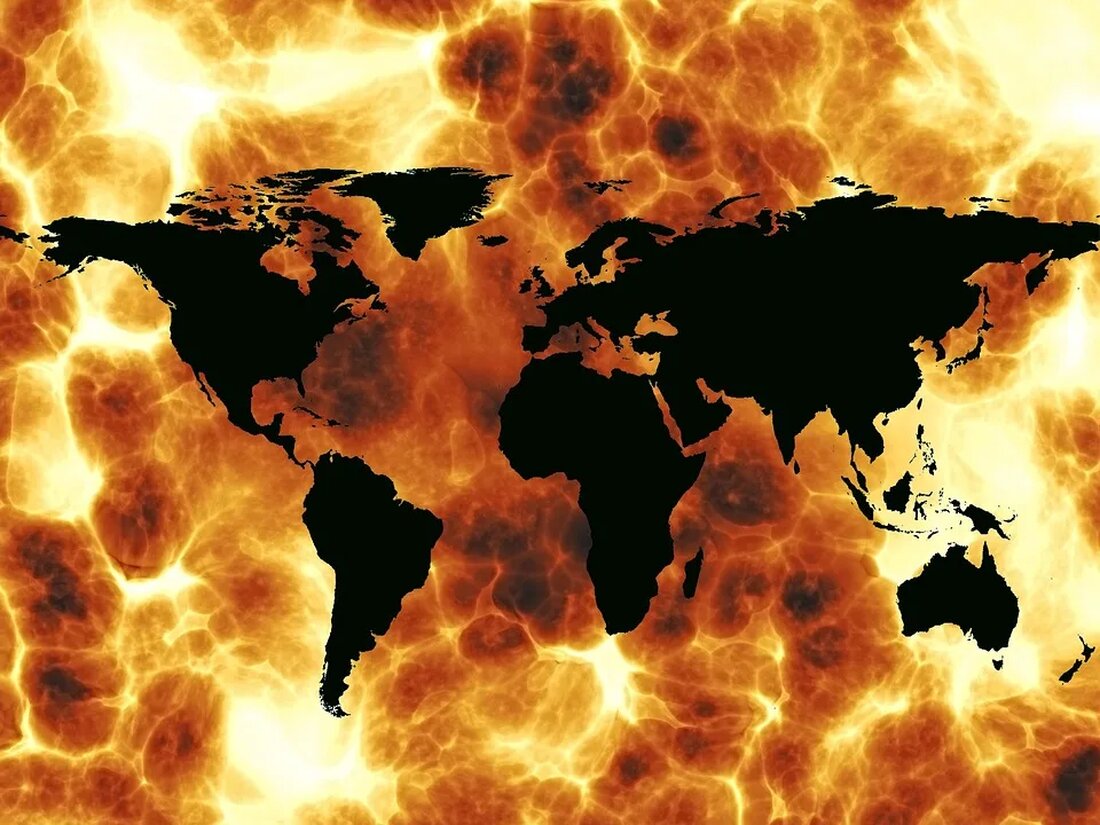The impact of climate change on coral reefs
Climate change and its impacts are an issue of growing importance that affects all aspects of our planet, including coral reefs. Despite their small geographic footprint, coral reefs are home to an amazing diversity of marine life and play a critical role in the health of our oceans. However, they are under unprecedented pressure from climate change. In this article we look at how climate change is affecting coral reefs and what impact this may have on our planet. The Importance of Coral Reefs Coral reefs are often referred to as the “rainforests of the sea” because they are home to incredible biodiversity. Despite the fact that they represent less than 0.1% of…

The impact of climate change on coral reefs
Climate change and its impacts are an issue of growing importance that affects all aspects of our planet, including coral reefs. Despite their small geographic footprint, coral reefs are home to an amazing diversity of marine life and play a critical role in the health of our oceans. However, they are under unprecedented pressure from climate change. In this article we look at how climate change is affecting coral reefs and what impact this may have on our planet.
The importance of coral reefs
Coral reefs are often referred to as the “rainforests of the sea” because they are home to incredible biodiversity. Despite the fact that they make up less than 0.1% of the ocean area, coral reefs are home to about 25% of all known marine species. Coral reefs provide food and shelter for a variety of species and serve as breeding grounds for fish and other marine life.
In addition, coral reefs also offer significant economic and social benefits. They support fishing and tourism industries, which provide jobs and income for millions of people worldwide. They also serve as a natural barrier against storm surges and erosion, protecting coastal communities and critical infrastructure.
What is climate change?
Climate change refers to long-term changes in temperature and typical weather events in one place. It can have natural causes, such as changes in solar intensity or slower geological processes. However, in recent centuries, man-made climate change, caused by increased greenhouse gas emissions, has outpaced natural climate change and poses a serious threat to our earth and its inhabitants.
The effects of climate change on coral reefs
Increase in sea temperatures
One of the immediate impacts of climate change is increasing global temperatures, including ocean temperatures. Corals are temperature sensitive and have a narrow tolerance for temperature fluctuations. When seawater becomes too warm, corals expel the symbiotic algal life that provides them with color and nutrients and fade. This process is called coral bleaching and if it continues long enough, it can lead to coral mortality.
Ocean acidification
Another impact of climate change is the increase in CO2 in the atmosphere, which also leads to ocean acidification. The oceans absorb much of the excess CO2 from the atmosphere. The increase in CO2 in seawater leads to the formation of carbonic acid, which breaks down into bicarbonate and hydrogen ions. This increases the acidity of the water and reduces the availability of carbonates, which corals need to form their calcareous skeleton. This can slow coral growth and weaken existing reefs.
Sea level rise and changing weather patterns
Climate change is also causing sea levels to rise and changing weather patterns. As a result of climate change, the polar ice caps and glaciers are melting, leading to a rise in sea levels. A higher water column can reduce the sunlight necessary for the survival of the algae needed for coral growth. Additionally, changing weather patterns caused by climate change, including the intensification of storms, can cause physical damage to coral reefs.
Consequences and future challenges
The effects of climate change on coral reefs have far-reaching consequences. Losses of reef biodiversity can impact the ecosystem services they provide. In addition, the loss of coral reefs can cause many marine creatures to lose their habitat. This could trigger widespread domino effects on food chains and threaten the survival of many species.
Loss of biodiversity
When corals die, they can no longer serve as a habitat and food source for a variety of marine species. This can lead to the loss of species and disrupt the entire food chain. Reduced biodiversity can weaken the ecosystem's resilience to disturbances and reduce its ability to recover from such disturbances.
Socioeconomic impacts
Coral reefs serve as important sources of income for many coastal communities, whether through fishing or tourism. The loss of coral reefs could therefore have significant socio-economic impacts, particularly in regions heavily dependent on these sectors.
Conclusion
Climate change is an unprecedented threat to coral reefs worldwide. From increasing ocean temperatures to increasing ocean acidification, sea level rise and changing weather patterns, the impacts of global warming on these precious ecosystems are profound.
To address these challenges, efforts are needed at national and global levels to combat climate change and protect and restore coral reefs. Likewise, further research needs to be done to better understand the impacts of climate change on coral reefs and to develop effective strategies to save our global reefs. Because while these challenges are enormous, it is critical that we face them and act to preserve coral reefs for future generations.

 Suche
Suche
 Mein Konto
Mein Konto
